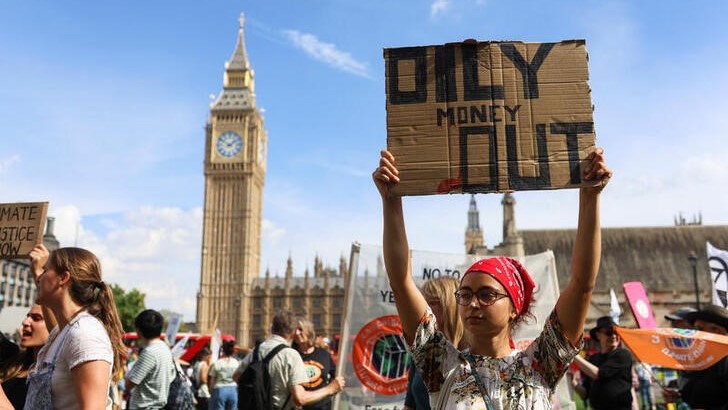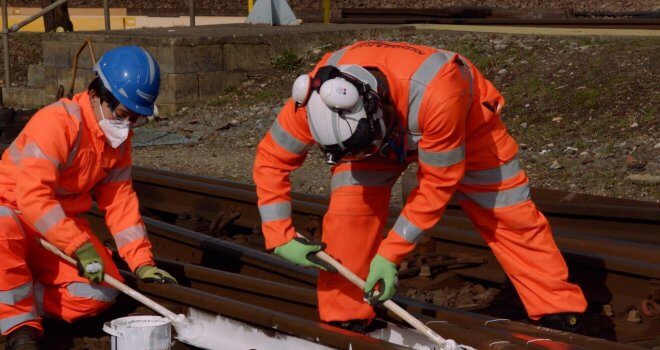Britain Greenlights Development Of Rosebank North Sea Oilfield

Britain has given the go-ahead for the development of one of its biggest new oil and gas projects in years, Equinor’s North Sea Rosebank field, saying energy security was the priority despite opposition from environmentalists.
The announcement on Wednesday comes after Prime Minister Rishi Sunak watered down the country’s interim plans to hit the 2050 net zero target, prompting intense debate over Britain’s climate change strategy.
Energy Security Minister Claire Coutinho said that Rosebank would be less emissions-intensive compared with older oil and gas developments because they were designed with mitigations in place.
“We will continue to back the UK’s oil and gas industry to underpin our energy security, grow our economy and help us deliver the transition to cheaper, cleaner energy,” she said.
Environmental campaigners had urged the government to halt development of Rosebank, saying it contravened the plan for a net-zero economy.
But Sunak threw his weight behind the North Sea in July, saying Britain needed new domestic fossil fuels to improve energy security and that oil and gas would still feature in the country’s energy mix even by 2050.
The Rosebank field is expected to produce 300 million barrels of oil in its lifetime.
Green Party MP Caroline Lucas said that “giving the green light to this huge new oil field is morally obscene. This Government must be held accountable for its complicity in this climate crime.”
The opposition Labour Party, which wants to focus on clean energy, has said it will respect any oil and gas licences granted before the next election, including for the Rosebank field.
Uplift, a campaign group opposed to Rosebank, said Britain would struggle to benefit from Rosebank as most of the oil would be processed abroad.
“By approving Rosebank, Rishi Sunak has confirmed he couldn’t care less about climate change,” Uplift executive director Tessa Khan said.
Oil and gas output from Britain’s North Sea has been in decline for two decades, but the industry is still a big contributor to the economy, supporting 200,000 jobs and expected to provide 50 billion pounds in tax revenues over the next five years, according to the government.
Oslo-listed Equinor, which holds a majority stake in Rosebank, one of the largest undeveloped oil and gas fields on the British continental shelf, will invest $3.8 billion alongside its partner Ithaca Energy to develop the field.
Ithaca Energy’s shares were up 8% in early trading.
Rosebank would underpin 6.3 billion pounds ($7.65 billion)of investment into British companies contracted to help develop it, the government said, which Ithaca said would support up to 1,600 jobs during construction. First production is expected in 2026-27.
The North Sea Transition Authority, the UK regulator, said it had taken Rosebank’s emissions into account in relation to Britain’s climate plan.
The development approval follows warnings from many North Sea producers, including Ithaca and Equinor, that a windfall tax the British government imposed on the industry in the wake of the 2022 energy price shock would deter investment in the basin.
(Reporting by Sarah Young, William James and Ron Bousso; Editing by Kate Holton and Jane Merriman)




